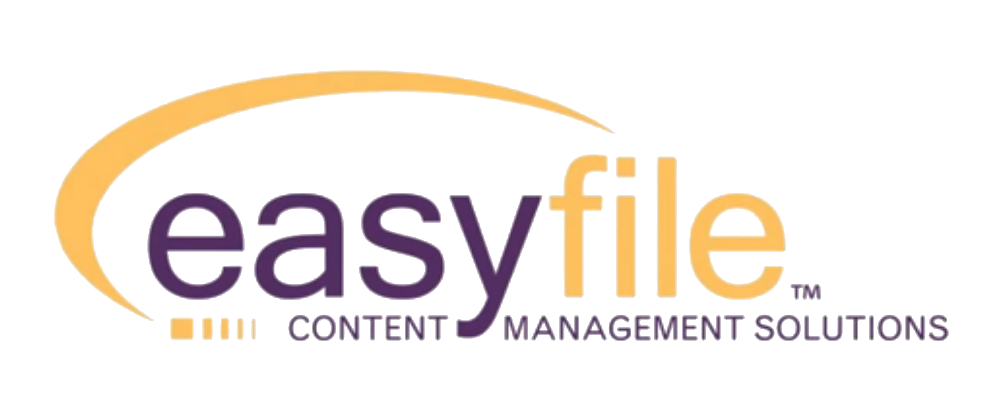Medical Records Services
CASO provides a full range of medical records scanning services for hospitals, clinics, laboratories, and other medical facilities looking to reduce the time required to process their patient files. CASO provides the highest quality and lowest cost document scanning and conversion both onsite at your location and at our service bureau in Manhattan.
Types of Medical Records We Scan
- Patient Charts
- Lab Results
- Fetal Monitoring Strips
- Prescriptions
- Billing Information
- Insurance Documents
- Physician Notes
- X-rays
- Any other type of paper or film record
Benefits of Medical Record Scanning
Additional benefits of our medical records scanning service include:
- Improved document control – all records go to a central processing center so no more lost records
- Medical records can be scanned by CASO at your facility or ours
- A central repository for all medical records simplifies the storage and retrieval of all medical records. Now all medical professionals; doctors, nurses and billing staff can have immediate access to this critical patient information
- Doctors can more easily collaborate on patient care with other physicians
- Faster processing of diagnostic testing using electronic records
- No more need for expensive file copying and shipping costs
- Scanning can be done for upload into a document management system or into your EMR/EHR system
- Space needed to store and process paper records can now be used to see more patients or conduct more labs
- Medical Records are now accessible by all approved staff simultaneously
- All scanning is done in a fully HIPAA compliant facility by HIPAA trained staff
- No more need to manage a medical records scanning and indexing staff
- Outsourcing scanning to CASO eliminates the need for expensive hardware and software
- Scanning and indexing done by a professional document conversion company
- You only pay for the work that is done, all billing based on the actual number of invoices processed – no wasted labor and facility costs
Medical Records Scanning Process
The CASO process of scanning medical records and patient files operates in the following manner:
- Your medical records are picked up at your offices by a CASO driver in a secure transportation vehicle and transferred to our Manhattan service bureau or moved to an onsite scanning area at your facility if needed
- CASO prepares all records for scanning, including the removing of all staples, fasteners and bindings, repairing any torn pages and inserting cover pages
- Records are scanned and sent through a full image QC process; any images not up to your standards or CASO’s are rescanned
- Scanned images are indexed as required by you and then go through a QC check
- After indexing and the final QC process, your images are ready to be uploaded to your document management software or electronic health/medical records (EHR/EMR) system
Our clients typically report a 40% plus reduction in the cost of processing these items when using CASO services.
Fetal Monitoring Strip Scanning
Fetal monitoring strips can take up lots of space on storage racks and finding them in boxes can be a big waste of time for your medical staff. According to AHIMA’s recommended retention period*, you may need to keep them for 10 years after the age of majority, which is a total of 28 years!
This leads many hospitals and clinics to want to scan these fetal monitoring strips. The challenge in converting these documents into a digital image is that they can be quite long and most production-grade scanners cannot handle. So, what can you do?
The CASO Solution for Scanning Fetal Monitoring Strips
By working with our hospital clients, we discovered that we can scan these strips using large format scanners that we typically use for scanning large maps and drawings. Some of these scanners can handle strips as long as 300 feet. This is much longer than the average of 13 feet that we typically see with fetal monitoring strips. We can scan these strips in color, black & white, or in grayscale at resolutions ranging from 200 to 600 dpi. These strips are then indexed with the patient’s information, saved as PDFs, and made immediately ready for upload into your document management or EHR system. Once in the system, you will be able to search for and retrieve these strips in seconds instead of digging through boxes for hours.
When stored in PDF format your staff can read these strips as if they were unfolding the actual paper strips. Using the printing tools in the Adobe Acrobat software you can also print out paper copies of the strips if you ever need a physical copy.





